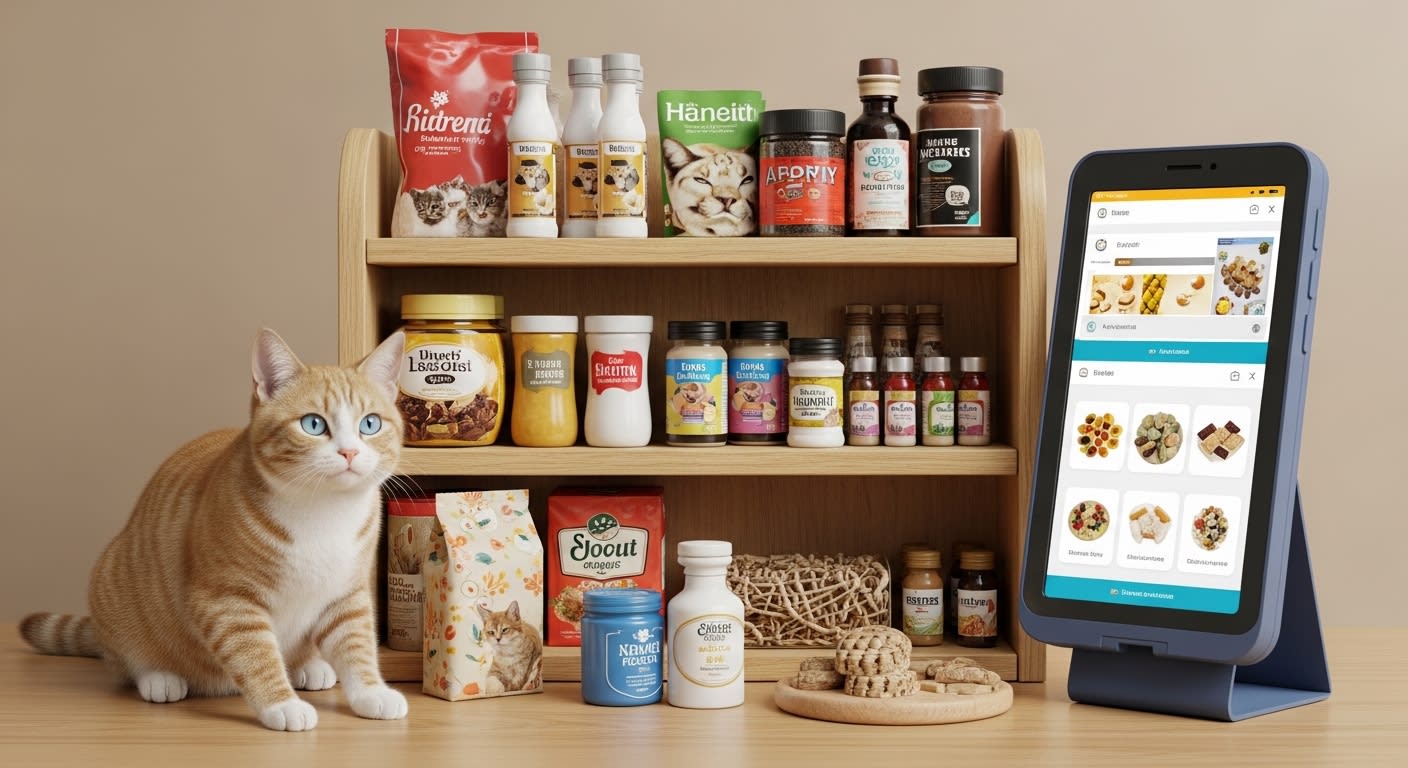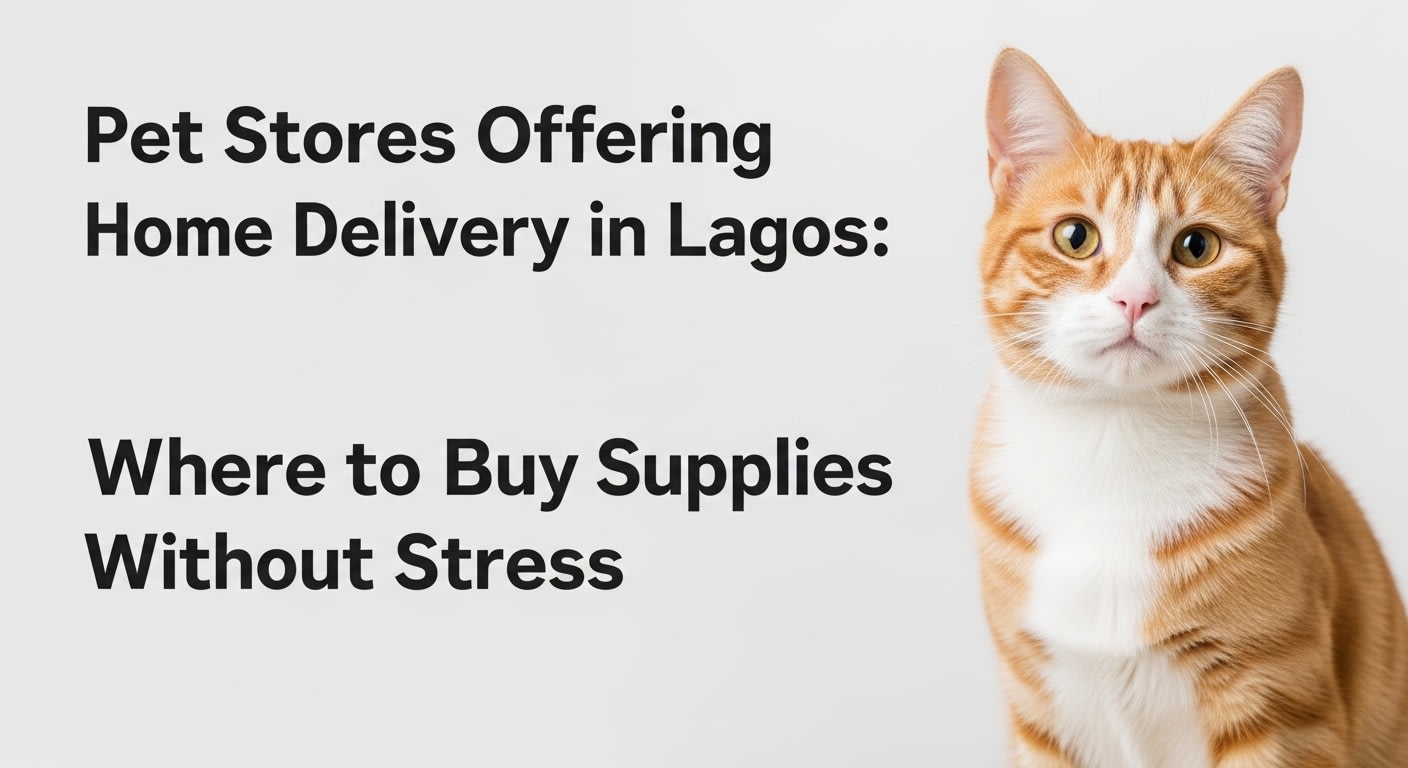Choosing the right feeding schedule for your new kitten vs adult cats plays a major role in your pet’s long-term health, especially because nutrition needs change significantly with age. As many Nigerian pet parents already know, the cost of commercial food continues to rise, and that makes it even more important to get feeding routines right from the start. Fortunately, platforms like Mygotovet continue to guide owners with reliable pet-care information that helps them make informed, cost-effective decisions. Because each stage of a cat’s life requires a special approach, understanding how to create a balanced feeding routine ensures healthier cats, fewer digestive problems, and more predictable eating habits.
Why Feeding Schedules Matter in Nigerian Homes
Age, lifestyle, climate, and food availability influence feeding decisions. Kittens grow rapidly and therefore need frequent, nutrient-dense meals. Adult cats, however, require controlled portions to prevent obesity and chronic diseases. In Nigeria, where heat, food access, and cost are important factors, getting the feeding schedule for your new kitten vs adult cats right helps avoid unnecessary veterinary expenses while supporting long-term wellness.
Kitten Feeding: Building a Strong Foundation
Kittens have tiny stomachs but extremely high energy needs. Because they cannot eat large meals at once, they thrive on small, frequent meals. Additionally, kittens require more protein, fat, vitamins, and minerals than adult cats, especially during their first 12 months of life.
0–4 Weeks: Frequent Milk Feeding
Newborns depend entirely on milk. Since cow’s milk triggers diarrhea in most kittens, Nigerian owners should use kitten milk replacer. Products like PetAg KMR or Royal Canin Babycat Milk remain the safest options.
4–8 Weeks: Starting Soft Foods
As kittens begin weaning, wet food, soft meals, and moistened kibble support digestion. By this stage, they start exploring solid food, so owners should offer small meals 4–6 times daily. For Nigerian households, affordable kitten kibble like Reflex Kitten can be softened with warm water or kitten milk replacer.
8 Weeks – 6 Months: Rapid Growth Phase
Kittens need 3–4 meals per day to support their fast development. Their permanent teeth appear within this period, so introducing more structured meals promotes healthy chewing patterns. This stage benefits from nutrient-rich diets containing DHA, calcium, phosphorus, and high-quality protein.
RECOMMENDED:
Routine Veterinary Checkup| Frequency, Cost, Essential Vs Non Essential
Top 5 Common Health Issues In Cats And How To Prevent Them
What To Feed A Cat In Nigeria And Their Prices
6 – 12 Months: Preparing for Adulthood
Twice-daily feeding works well for most kittens here, though some energetic breeds may require slightly larger portions. Monitoring their weight ensures they don’t become overweight before adulthood.
Raw Meaty Bones (RMB) for Kittens
Raw feeding, when done safely, offers natural chewing benefits and supports dental development. Because Nigerian markets supply affordable fish, chicken, and rabbit, kittens can enjoy raw meaty bones by six weeks of age. Nevertheless, owners must supervise feeding to prevent choking and must follow hygiene rules.
Feeding Adult Cats
Once cats reach one year, their nutritional needs shift from growth to maintenance. Since adult cats can easily become overweight, portion control matters. In Nigerian homes, many indoor cats burn fewer calories, so free-feeding dry food often leads to excess weight.
Meal Frequency for Adults
Adult cats do best with one or two meals daily. Because Nigeria’s climate is hot, feeding in the evening helps avoid flies and improves overall acceptance of food. Senior cats, however, may require smaller, more frequent meals if advised by a veterinarian.
Weight Management
Obesity significantly increases the risk of diabetes, arthritis, heart problems, and urinary issues. A controlled feeding schedule adult cats ensures that adult cats stay within a healthy weight range. Measuring food portions prevents overeating, especially when using high-calorie dry food.
Adult Cat Nutritional Requirements
Adult cats still rely heavily on protein, taurine, and moderate fat. Nigerian owners who follow the RMB method can feed approximately 15–20% of the cat’s body weight in raw meaty bones weekly. However, balance is essential; too much boneless meat causes calcium deficiencies. This is where consulting Mygotovet becomes helpful, as the platform frequently shares balanced diet tips for local pet owners.
Hydration Needs in a Hot Climate
Nigerian heat increases water needs. Cats naturally have a low thirst drive, so owners must encourage hydration.
Wet food contains up to 80% moisture and therefore helps prevent urinary tract issues. Additionally, fresh water should be available at all times, and using fountains or adding ice cubes can encourage drinking. Adult cats need about 4 ounces of water per 5 pounds of body weight daily.
Local Feeding Challenges Nigerian Owners Face
High food prices lead many owners to feed cats fish, leftovers, or homemade meals. While these can work occasionally, they require balancing. For instance:
-
Fish-only diets lack essential nutrients
-
Cow’s milk causes diarrhea
-
Onions, garlic, chocolate, and raw processed meats are toxic
Balanced diets can still be achieved affordably when owners combine commercial foods with safe home-prepared options. Mygotovet regularly shares budget-friendly feeding guides designed for the Nigerian market.
Transitioning From Kitten to Adult Food
Shifting from kitten food to adult food at one year old should be done over 7–14 days:
-
Start with 25% adult food
-
Gradually increase to 50%
-
Move to 75%
-
Finally transition to 100% adult food
A slow transition prevents vomiting, diarrhea, and digestive discomfort. If symptoms appear, reducing the adult food portion temporarily helps stabilize the cat.
Choosing the Right Feeding Schedule
Every cat is unique, and their feeding schedule should match age, lifestyle, climate, and food availability. Owners who understand the feeding schedule for new kitten or adult cats can confidently support their pets at every stage of life. Platforms like Mygotovet make this easier by providing locally relevant guidance that aligns with Nigerian realities.
Give Your Cat a Healthy Start Today
By creating the ideal feeding schedule, you support your cat’s growth, prevent disease, and save money on veterinary bills. Since nutrition affects everything from energy levels to longevity, now is the perfect time to apply what you’ve learned. For more expert tips, feeding guides, and Nigeria-friendly resources, visit Mygotovet or Find a Vet among our certified cat vets or simply signup to Talk to a Vettoday and give your cat the healthy life it deserves.
Frequently Asked Questions on Feeding Schedule for New Kitten vs Adult Cats in Nigeria
1. How often should I feed my kitten in Nigeria?
Kittens need to eat 3–4 times daily because they grow rapidly and have higher energy needs. Frequent meals help maintain their blood sugar levels and support healthy development.
2. Should kittens eat the same food as adult cats?
No. Kittens need kitten-formulated food rich in protein, fat, and essential nutrients. Adult cat food does not contain enough calories and may stunt your kitten’s growth.
3. What is the best feeding schedule for adult cats in Nigeria?
Adult cats should be fed 2 meals per day, usually morning and evening. Consistent feeding times help maintain weight and reduce stress.
4. Can I free-feed my cat?
Free-feeding (leaving food out all day) can lead to obesity, especially in indoor cats. It is better to use measured meal portions unless your vet advises otherwise.
5. What Nigerian foods are safe for kittens or adult cats?
Safe options include:
-
Plain boiled chicken
-
Boiled fish (de-boned)
-
Small amounts of cooked eggs
-
Commercial cat kibble or wet food
Avoid seasoning, pepper, salt, onions, and spices.
Plain boiled chicken
Boiled fish (de-boned)
Small amounts of cooked eggs
Commercial cat kibble or wet food
Avoid seasoning, pepper, salt, onions, and spices.
6. Should kittens drink milk?
Most kittens become lactose intolerant after weaning. Cow milk may cause diarrhea. Use kitten milk replacer (KMR) if necessary.
7. How much should I feed my adult cat?
The amount depends on your cat’s age, weight, and activity level. Generally, adult cats require ¼–½ cup of dry food per meal, or follow the feeding guide on your cat food label.
8. Can Nigerian locally made food replace commercial cat food?
You can supplement with homemade meals, but they should not replace balanced cat diets. Cats need taurine and other nutrients not found in most homemade foods.
9. How much water should my cat or kitten drink?
Always provide clean, fresh water. Cats eating mostly dry kibble require more water, while those on wet food may drink less.
10. Should I feed my cat bones or fish bones?
No. Bones, especially fish bones, can cause choking, mouth injuries, or intestinal blockage.
11. What time is best to feed my kitten or adult cat?
Feed kittens morning, afternoon, evening, and late evening.
Feed adults morning and evening. Cats prefer routine, so keep feeding times consistent.
Feed adults morning and evening. Cats prefer routine, so keep feeding times consistent.


